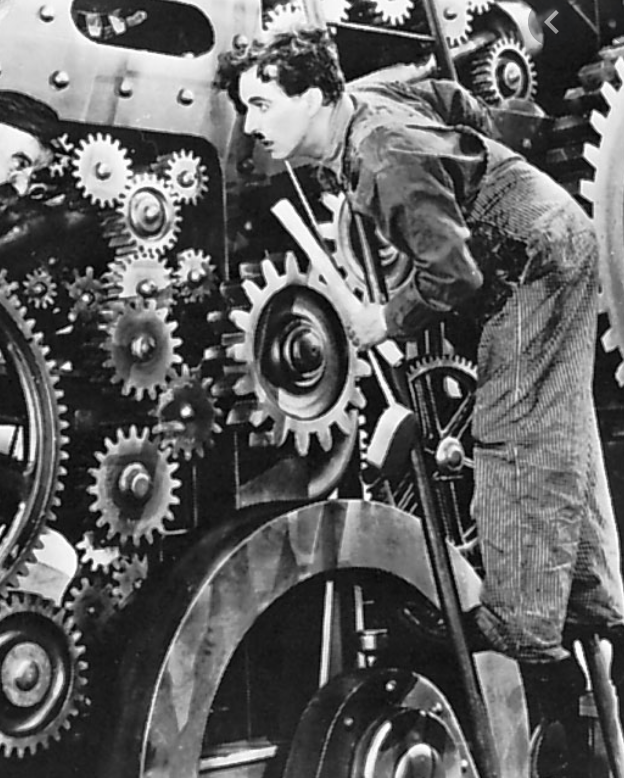J.C. Leyendecker, Thanksgiving 1928
UNDERGRAD: 20th Century U.S. History Survey
In this course, students will learn about the history of the United States after 1877: the year when Federal troops withdrew from the South in the wake of the Civil War (1861-1865). What were some of the major political, social, and economic transformations in US society between 1877 and the present? How have historical actors differed in their interpretation of the meaning of equality in the U.S. past? We’ll cover topics such as the rise of the Jim Crow South; immigration and urbanization; Populism and the Progressivism; WWI; the rise of consumer culture; the Great Depression; WWII and the Cold War; post-45 social movements; the rise of neoliberalism and the New Right; 9/11 and after.
In a survey course, it’s impossible to cover all historical developments. I’ve tried to strike a balance between following what is well-established narrative of U.S. history at the introductory level, and providing some materials that will allow you to answer questions relating to a specific theme. The theme for the course this year will be: social justice and equality. How have various social groups, activists, and reformers used the state, the legal system, and the streets to shape their understandings of justice and equality? What assumptions about race, gender, sexuality, faith, class, and morality have shaped these efforts? In what ways have they been successful, or not, in how the United States has changed over time?
Photograph from Albums of Philadelphia Lesbian Couple, c.1953, Division of Rare and Manuscript Collections, Cornell University Library.
UNDERGRAD/GRAD: QUEER AND TRANS ORAL HISTORY
For decades, oral history has been a preferred methodology in documenting social movements and the life experiences of marginalized populations. Recently, LGBTQ history, intersectional feminist politics, and queer theory have given rise to new oral history projects, new identities, and new methods. This seminar will be a workshop in doing LGBTQ oral history, with a focus on queer and trans lives. Students will follow the full life-cycle of the interview and learn how to: develop a theoretically informed research plan; grapple with ethical considerations; write a consent form and interview guide; find narrators; use audio and/or visual technology to record interviews; write up field notes; transcribe interviews; analyze and write from the material; and create a short podcast drawn from the interviews. We will read work in oral history theory and practice, and some sources concerning Toronto’s LGBTQ past.
Charlie Charlie Modern Times, 1936.
Chris Clay, “Pride March is a first for City’s Gay Community,” Mississauga News, July 2008.
Woman at EINAC, Smithsonian Institution
GRAD: CULTURAL HISTORY OF CAPITALISM
What is ‘cultural history’? How has theory informed and transformed the questions posed by historians, as well as their methods? This course will explore the ‘cultural turn’ in historical studies through thematic sections that tie theoretical works to empirical studies. The course will begin with readings in the various ‘schools’ that have informed the field (e.g., Annales, Frankfurt, Birmingham). The remainder of the course will explore the works of specific thinkers (Foucault, Butler, Benjamin, Stoler as just some examples) in relationship to historical studies. We will endeavor to think through these pairings in relationship to thematic threads on, for example, markets, intimacy, and affect; food and power; commodity chains and empire; history of the senses; sexuality, gender, and capitalism. Historical examples will be drawn from various national and transnational studies, with a likely (though not exclusive) focus on North America. The course is designed, however, for all students interested in cultural history, regardless of geographical area.
UNDEGRAD: QUEER PEEL
In Winter 2019 I taught “Queer Peel” a third-year course examining the history of queer & trans life in Peel Region, where the University of Toronto Mississauga is located. The course asked: What’s it like to be LGBTQ2+ in Canadian suburbs and edge cities? For the most part, scholars couldn’t tell you since there has been so little research on the experiences of those living outside Canada's major cities of Toronto, Montreal, and Vancouver. But as activist and curator Anu Radha Verma has argued, “there is long, complicated history of queer and trans organizing in the burbs” (Verma, Any Other Way, 228). Yet this history is mainly invisible and inaccessible except to those who have experienced it personally. We can't write new histories of Canada's LGBTQ2+ past without primary sources; in order to create these sources, we need to collaborate with narrators willing to share their stories with us. Students created a digital Omeka exhibition of the interviews they completed for the course. The course received coverage in the local press, too.
UNDEGRAD: DOING DIGITAL HISTORY
How have Web 2.0 technologies changed the practice of history? Students learn by doing in this course: researching and writing for the digital medium; learning about the theory and practice of digital history; experimenting with new technologies; and creating a digital history project




